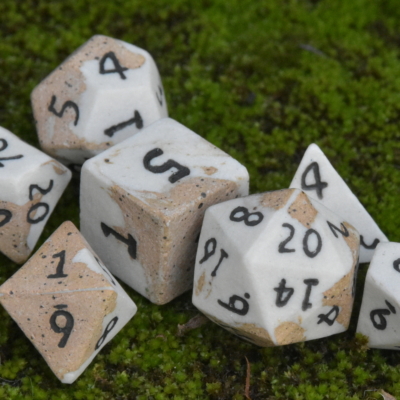Mastering the Ranger: A Quick Build Guide for D&D Enthusiasts
Welcome, adventurers! If you’re looking to explore the wilderness, track elusive creatures, and become a master of survival, then playing a Ranger in Dungeons & Dragons (D&D) might be just what you need. In this guide, we’ll walk you through the essentials of a quick Ranger build, making sure you can jump into your next campaign with confidence.
1. Choosing Your Race
The first step in creating a Ranger is selecting a race that complements your class abilities. Consider these options:
- Wood Elf: With increased Dexterity and Wisdom, plus a bonus to movement speed, Wood Elves are a popular choice for Rangers.
- Human: Versatile and adaptable, Humans can fit into any class role, including that of a Ranger.
- Half-Orc: If you prefer a more combat-oriented Ranger, Half-Orcs offer increased Strength and the Relentless Endurance trait.
2. Allocating Ability Scores
As a Ranger, your primary ability scores should focus on Dexterity and Wisdom. Here’s a suggested allocation:
- Dexterity: Essential for your attacks and Armor Class (AC).
- Wisdom: Important for your spellcasting and survival skills.
- Constitution: Useful for maintaining concentration on spells and overall survivability.
3. Selecting Skills and Equipment
Rangers have a variety of skills to choose from. Focus on those that enhance your role as a wilderness expert:
- Survival: Vital for tracking and foraging.
- Perception: Helps you spot hidden enemies and traps.
- Stealth: Essential for sneaking up on foes.
For equipment, start with a longbow or two shortswords, depending on your preferred combat style. Don’t forget to carry a set of leather armor for added protection.
4. Spells and Abilities
As you level up, you’ll gain access to a variety of spells and abilities. Here are some must-haves for any Ranger:
- Hunter’s Mark: Increases your damage output and helps you track enemies.
- Goodberry: Provides healing and sustenance during long journeys.
- Pass Without Trace: Enhances your stealth abilities, making it harder for enemies to detect you.
5. Tips and Tricks for Beginners
Here are some additional tips to help you get the most out of your Ranger:
- Know Your Environment: Use your natural explorer feature to your advantage by understanding the terrain and utilizing it in combat.
- Team Coordination: Communicate with your party members to ensure you’re covering all aspects of an encounter, from scouting to combat.
- Resource Management: Keep track of your spell slots and equipment to ensure you’re always prepared for the next challenge.
With these tips and tricks, you’re well on your way to becoming a masterful Ranger. So grab your bow, sharpen your swords, and embark on your next adventure with confidence!
Author: Matthew Hernandez
-
Mocha Ceramic Dice Set
Select options This product has multiple variants. The options may be chosen on the product page -
Blood Skeleton Ceramic Dice Set
Select options This product has multiple variants. The options may be chosen on the product page -
Runic Ancient Oasis Ceramic Dice Set
Select options This product has multiple variants. The options may be chosen on the product page





